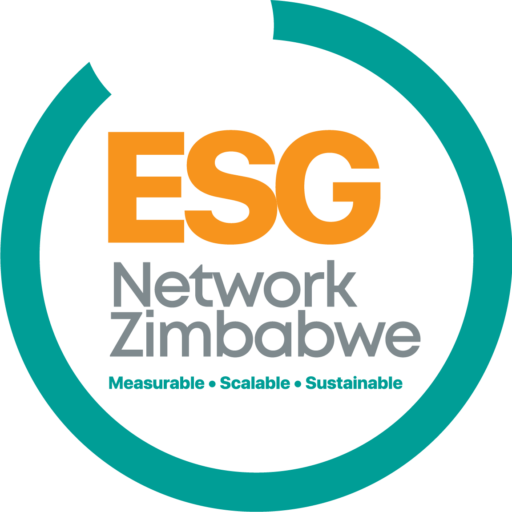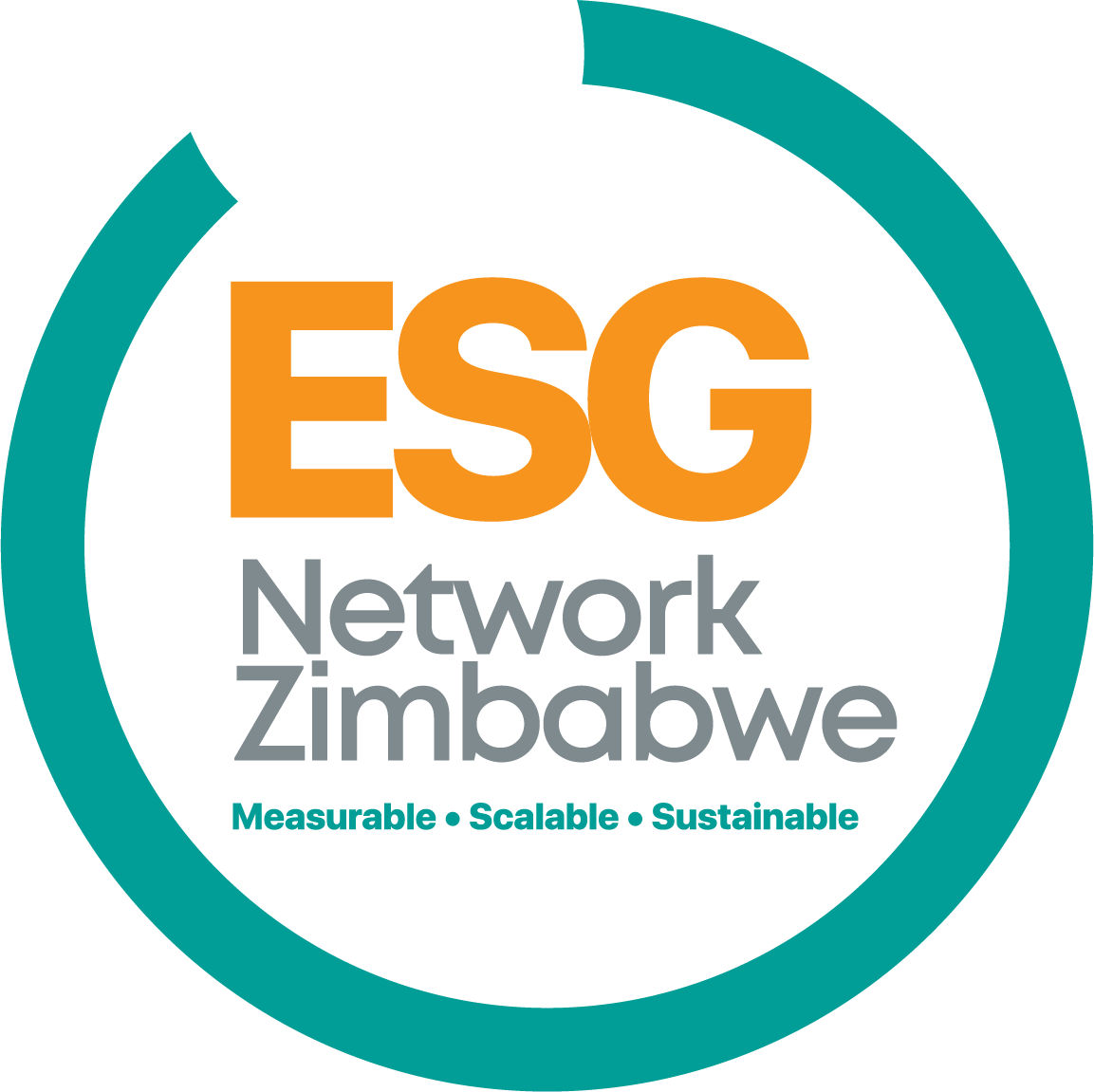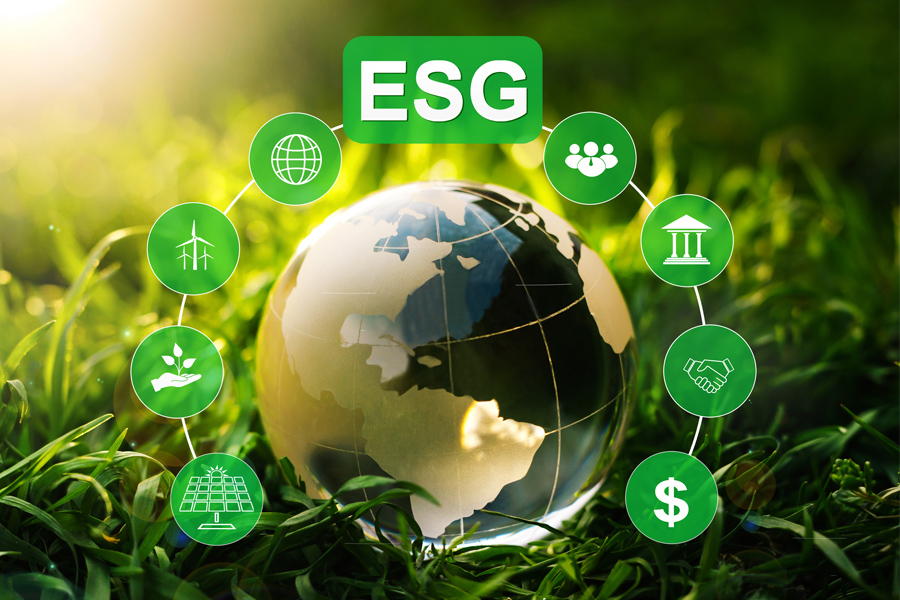The Environment Social Governance (ESG) phenomenon is gathering strength and a number of organizations in Zimbabwe are implementing and reporting on their ESG activities. The Zimbabwe Stock Exchange has made ESG reporting mandatory for companies listed on the ZSE and the RBZ has issued Climate Risk Guidelines for entities under its supervision.
The question often asked is “What is ESG?”
ESG is the process of identifying, managing and reporting the impact that an organization has on the environment, people and economy. Such impact arises from the organization’s activities, products, services and relationships.
In the context of the above definition an organization can assess its ESG credentials by answering the following key questions (Source: Engaging Employees through CSR,” CBSR and Hewitt Associates webinar, January 2010.)
Community and Society
Does the organization play an active and positive role in the community?
This entails having an effective communication strategy with the community and engaging in corporate social responsible activities. This may include assisting in financing community projects, hiring and procuring from the community where possible.
Corporate Governance
Does the organization consider long term social, environmental and economic impacts when it makes decisions?
This involves the organization being intentional about integrating ESG into its overall enterprise risk management strategy and embedding ESG factors in its operational key performance indicators.
Customer Relations
Is the organization fair, respectful and honest with its customers/ clients?
This entails taking efforts to respect customer privacy, ensuring that client data is kept secure, being mindful of its selling practices and product labelling and producing affordable but high quality goods and services.
Environment
Does this organization work to minimize the impact of its operations, products/ services on the environment?
Some of the key issues include , minimizing the organization’s Green House Gas emission, efficient management of energy use, water use, and waste generation and being mindful of ecological impacts of the organization’s activities.
Supplier Relations
Does this organization make purchasing decisions that take social and environmental values into consideration?
Purchasing decisions must go beyond just pricing. Suppliers’ ESG impacts have a big bearing on an organization’s ESG credentials.
Employee Relations
Does this organization treat its employees fairly, respectfully and honestly?
This entails having fair labour practices, looking after your employees well being including training, health and safety and being mindful of the need for diversity and inclusion in your employee engagement.
Human rights
Does this organization respectively manage human rights in its operations?
Organizations ought to be mindful of the Human Rights issues within their entire value chain. An example is avoiding sourcing supplies from an organization which is involved in child labour or modern day slavery.
Conclusion
Whilst the above questions are not exhaustive, they provide a basis for a simple and effective framework for organizations intending to embark on the ESG journey. Andrew Matiza is an ESG Consultant and GRI Certified Sustainability Professional and can be contacted on 0782004726, amatiza@esgnetworkzimbabwe.co.zw / andrewmatiza@gmail.com





